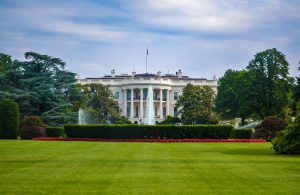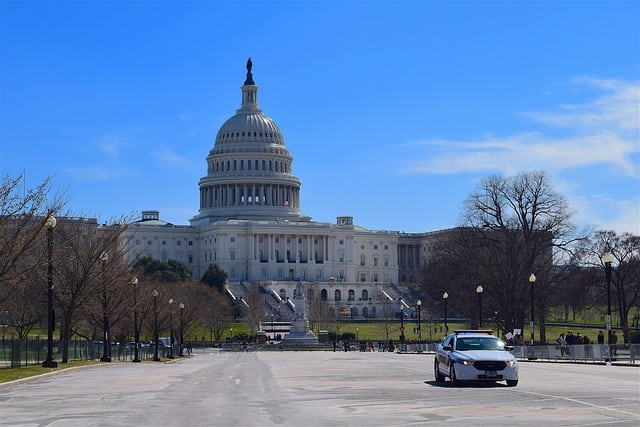
Has there ever been someone who offered you an idea that you instantly found deeply difficult, yet the opportunity it provided for introspection was immensely beneficial? I thought I would share one of these gardening-related moments using decorative garden screens. It would be interesting to know how you felt.
I was taking in one of my favorite conceptual gardens at the Hampton Court Flower Show around five years ago. One of the avant-garde horticulture exhibits was a design that drew inspiration from the problems that displaced peoples face globally. During the ten minutes I was there before being pulled away for work, I heard at least six guests criticize it because they believed it was crucial to “keep politics out of gardening,” not because of the planting, the hardscape design, the use of color, or the shape.
Whatever your political stance, would anybody have ever made a statement like that at an art gallery, was my first thought upon seeing it. after your exit from a movie theater or screening? Attending a musical performance? While I completely appreciate that, in a world where politics are becoming more and more polarized, gardening may seem like a necessary diversion, why is gardening not regarded as an art form that is both molded by and influences the political environment in which we live?
The only logical conclusion is that if you think gardening should be devoid of politics, then it’s not art on the same level as music, sculpture, or movies, but rather a kind of pointless hobby for decoration. This viewpoint, in my opinion, destroys your ability to appreciate and enjoy the work of horticulturists while also undervaluing their intent and talent.
All areas of horticulture are founded on political concepts. Political beliefs are the reason why British-style gardens have been copied all over the world, with green Surrey lawns being recreated in Arizona’s deserts or UK wildlife being introduced in far-flung locations like Australia to create an idealized “Beatrix Potter” garden. At flower exhibits, “tropical” gardens are recognized as a unique gardening style, typically accompanied with colonial maps and explorers’ pith hats, rather than just using plants from a particular temperate zone.




